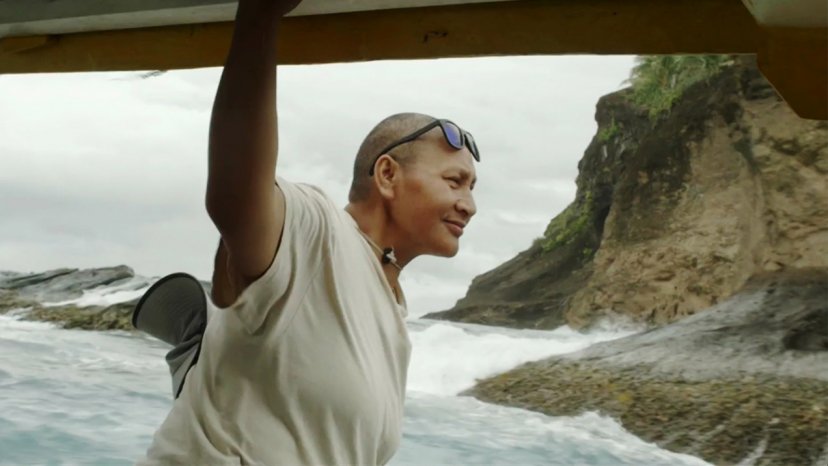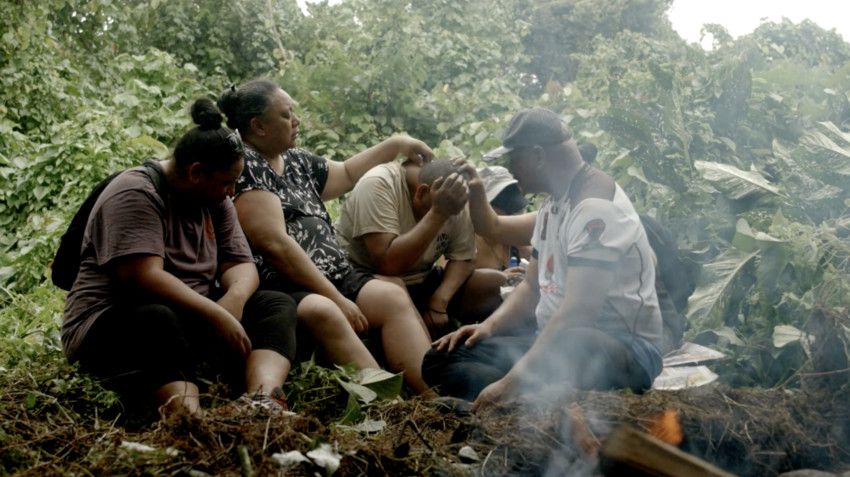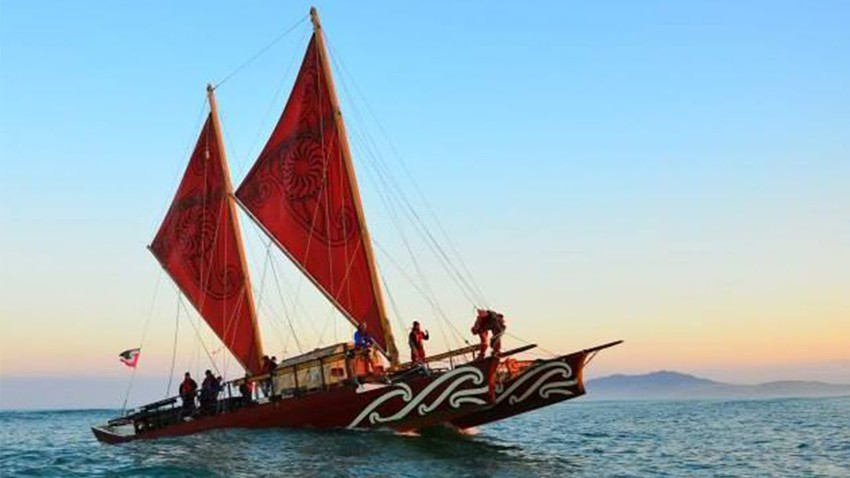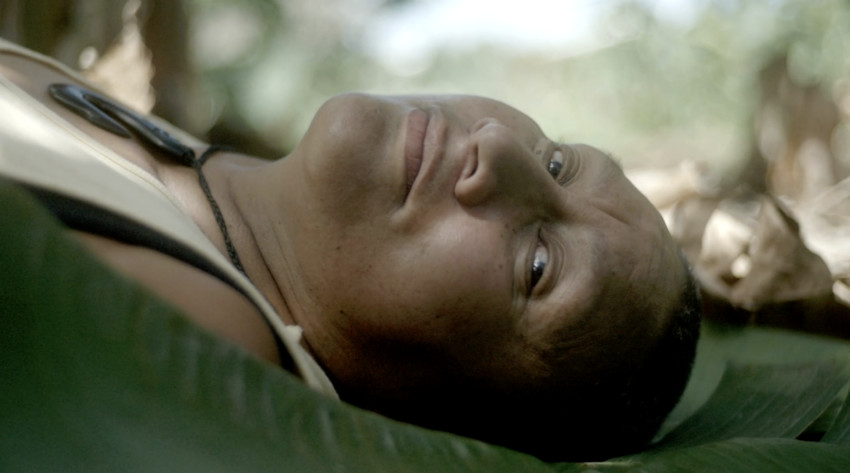Loimata - A Real-Life Wayfinder

The water is strangely calm today outside the Maritime Auckland Museum. Looking out onto the two waka that held the heroic feet of Ema Siope, I watch as they sit vivaciously in the dock, bobbing up and down. I feel as though I have to keep an eye on them, or else they might break out and sail away at any moment. Anna Marbrook, the director of Loimata, joins me, and notes that Ema knew every inch of the waka that sits before us, and it seems as though they continue to embody her energy to this day - ready to move with the ocean and speak with the stars.
Ema Siope is a navigator, a wayfinder, a true sailor, who used the stars and traditional (some might describe them as ancient) navigation techniques to sail the seas. Dr. Tamasailau Sualii- Suani speaks of her power as both a polynesian and a woman, “Ema is an amazing master navigator who has been able to really be a champion in a world that is largely male... she’s been able to exemplify what it means to be unapologetically Samoan in her craft.”
Her story is an incredible one, one that seems magical, almost unreal. Of course, she goes through her fair share of trauma as she moves through life, but “...she’s been able to take voyaging as a way to find her own voice, to be able to find out about her own history as a Samoan, and so the star compass, in the story of Ema, becomes an instrument that she uses both metaphorically and literally to guide herself through the dark and light aspects of life,” or in other words;
way-finding.

A still from Loimata
The film Loimata, after speaking with Dr. Tamasailau (executive producer), described for me a journey of wayfinding; both in the literal sense that Ema is finding her way through the ocean and navigating the seas, but also that she is finding her way back to her own definition of what it means to be a Samoan woman. She finds her way back to her ancestral family and living family; and then finds ways to bring those two back together. “The title of the film, Loimata, means the sweetest tears. And that title alone has so many meanings that are indicative of our Polynesian way of thinking. Loimata is also the name of the place that she journeys back to in the film, and this connects her to her ancestral maternal family. This gives her connection, not only to herself, but her siblings, and many more successive generations. There’s this powerful story of intergenerational connection, to power, to place to family, to whakapapa, to history, to the best in our lives and the worst in our lives.”

As I delve deeper and deeper into the story with Dr. Tamasailau, I notice that two things constantly intersect in this story; the identity of Samoan women and family. There is a strong link between Ema’s journey towards finding her way back to the homeland (a search for identity) and the empowerment that this gives to her as an individual but also, more importantly, the empowerment this gives to her family. Dr. Tamasailau notes that a large portion of the problems that Samoan people often face are as a result of the lack of empowerment in the Samoan family unit. “I do a lot of work in the family justice space and one of the biggest problems we have as Samoans and Pasifika, is around family violence. Ombudsman of Samoa put out a report that one in five Samoan women will be raped in their lifetime, and then noted that child abuse and incest is an epidemic in Samoa. And so one of the things I’m interested in is finding a way to talk about the not-so-easy topics to talk about in a way that is constructive and empowering for the family. And I think Ema’s story provides some insight into that; into the value of family, the healing process, the journey of accountability and all that comes with that. Even though you have to navigate and experience, rightly or wrongly, some not-so-good things in life, there are ways to navigate that, and heal, find peace, and this is the beauty of Ema’s story.”

Throughout my conversation with the creators of Loimata I cannot help but paint an image in my mind of the powerful Ema Siope. She stood at six feet tall, had no hair, and because of her gender fluidity, was often mistaken for a man. Although she left this earth in late august, her presence can strangely still be felt just by looking at the waka that held her legendary feet. Her story is of course, about her absolutely extraordinary skill and talent as a master navigator of the seas, her awe-inspiring ability to use the knowledge of our ancestors to find her way using the stars, but is also largely about how she uses these skills of way finding to navigate the ocean, and to navigate her life. Strangely enough; her search through her history, her preservation of ancient techniques of navigation, and her journey back to the homeland to reunite her family exemplify what indigenous people know to be true:
"that we must walk backwards into the future ..."
.
'Loimata, The Sweetest Tears' has its World Premiere at the NZ Film Festival this Saturday the 25th of July.
Check out the screenings below for where you can see it in a theatre near you and keep an eye out for when it goes online from the 2nd to the 8th of August.
Click here for tickets to the screenings

